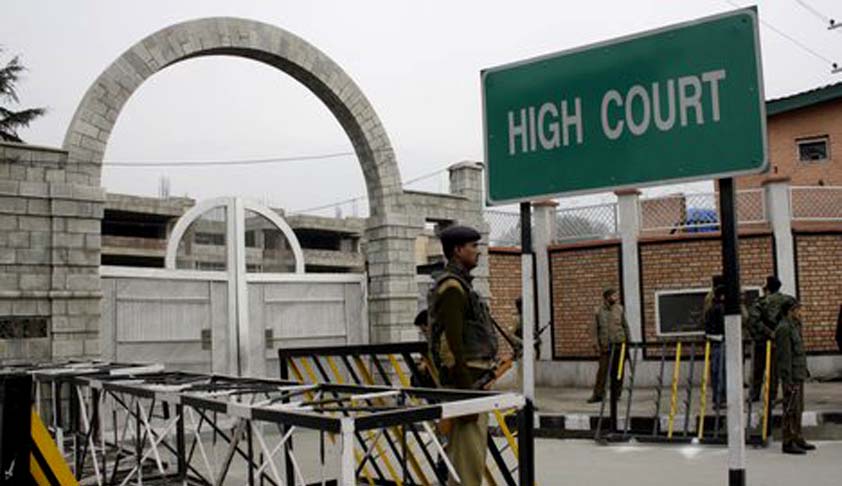SARFAESI Act cannot be enforced in Jammu and Kashmir, rules the J&K High Court
LIVELAW NEWS NETWORK
18 July 2015 8:53 AM IST

Next Story
18 July 2015 8:53 AM IST
In a landmark judgment, the Jammu & Kashmir High Court has held recently that the Securitisation and Reconstruction of Financial Assets and Enforcement of Security Interest (SARFAESI) Act, enacted by Parliament in 2002, cannot be enforced in the state.A division bench of the Court comprised of Justice Muzaffar Hussain Attar and Ali Muhammad Magrey underlined how the SARFAESI Act is...
